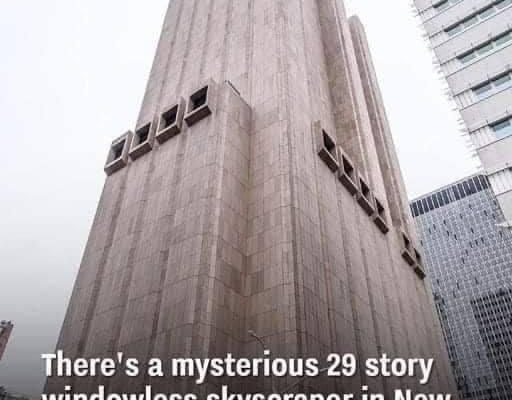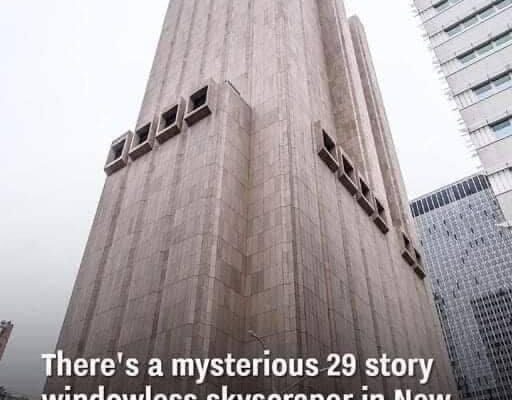In Lower Manhattan stands a remarkable 29-story skyscraper known as Titanpointe at 33 Thomas Street. Unlike typical buildings, this one lacks windows, sparking curiosity among New Yorkers. Originally constructed in 1974, it was designed to withstand atomic blasts and serve as a secure communication hub for telecommunications equipment.
Despite its imposing presence in the skyline, the true purpose of 33 Thomas Street remained shrouded in secrecy. Recent revelations from documents leaked by Edward Snowden shed light on its clandestine role as a surveillance location for the NSA, codenamed Titanpointe. Within the building lies a significant international gateway switch used by the NSA to intercept phone calls between the U.S. and various countries worldwide.
While AT&T, which owns most of the space in the building, has a history of collaboration with the NSA, the extent of the agency’s involvement within 33 Thomas Street remains unclear. This ambiguity raises legal and ethical questions about government surveillance, highlighting the delicate balance between privacy and security in the digital age.
In summary, 33 Thomas Street is a enigmatic skyscraper with a complex history tied to telecommunications and modern surveillance practices. Its role underscores the challenges of navigating privacy concerns amidst evolving technology and government oversight.




